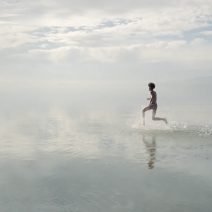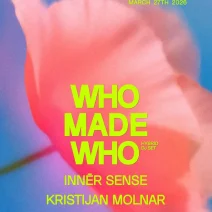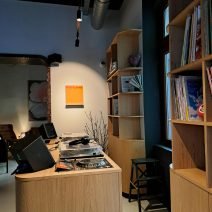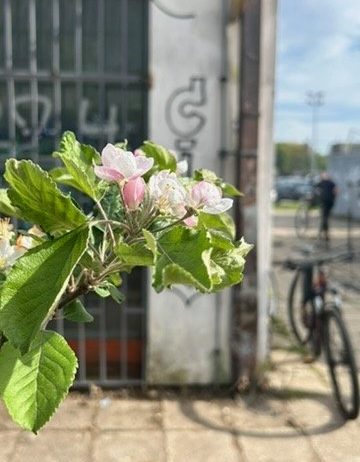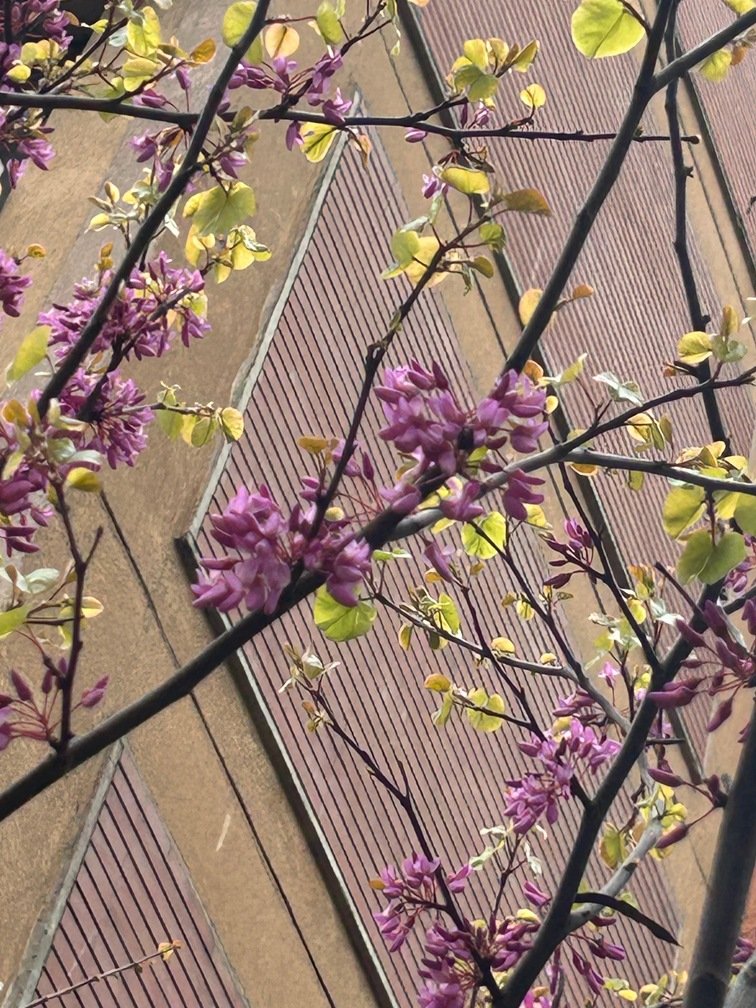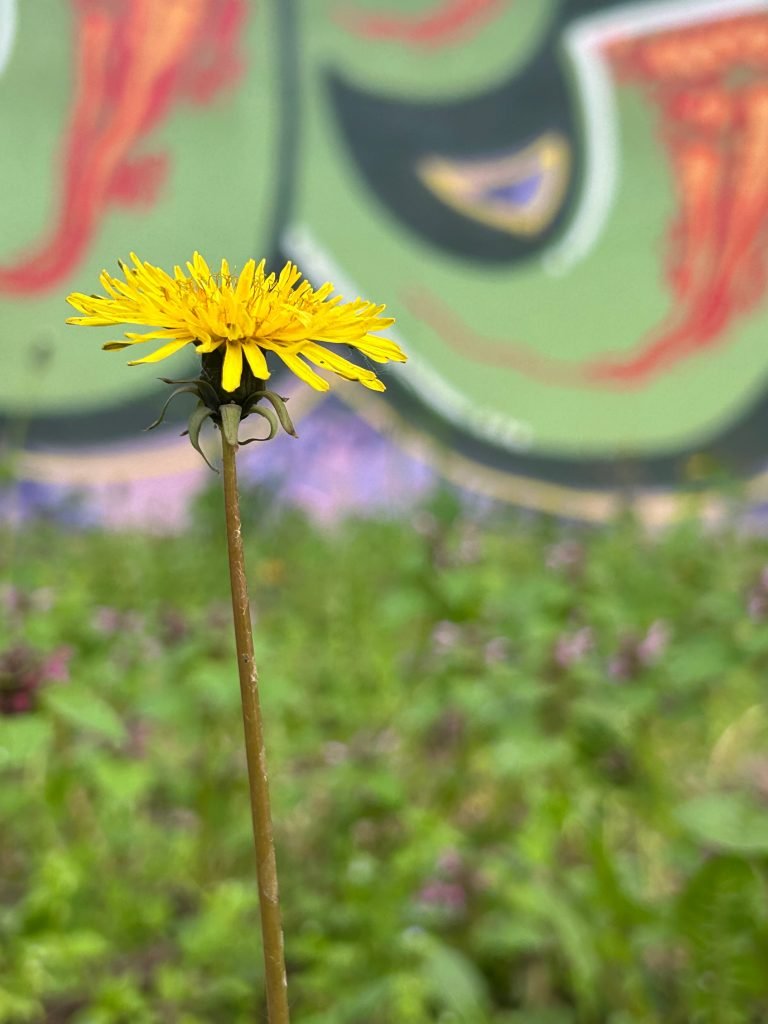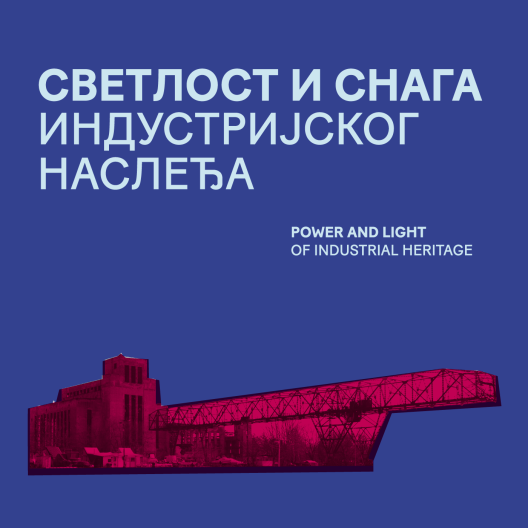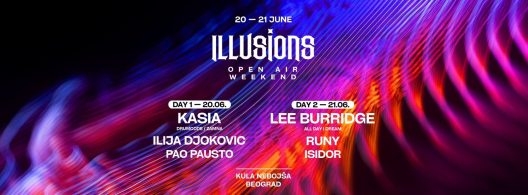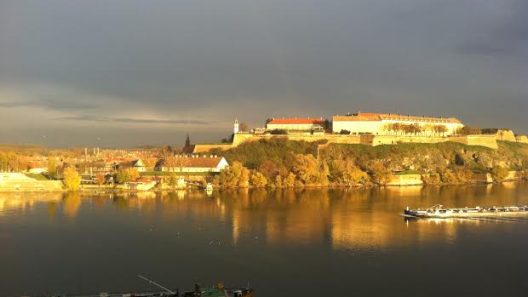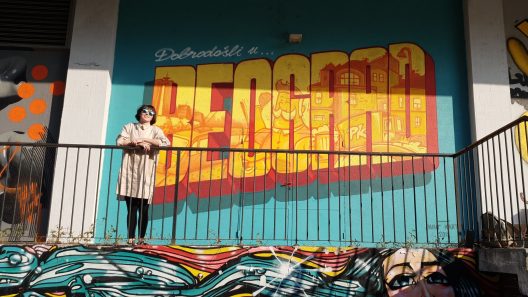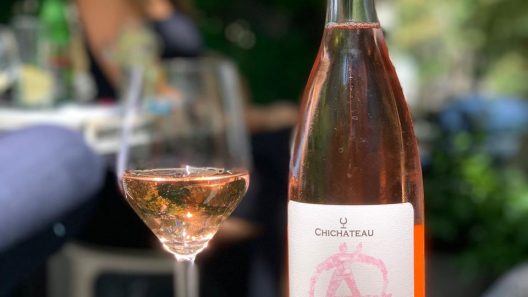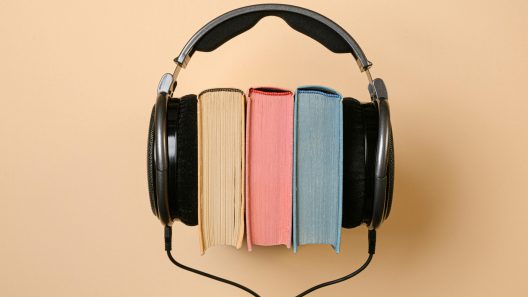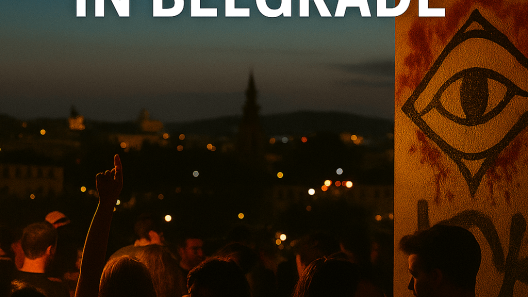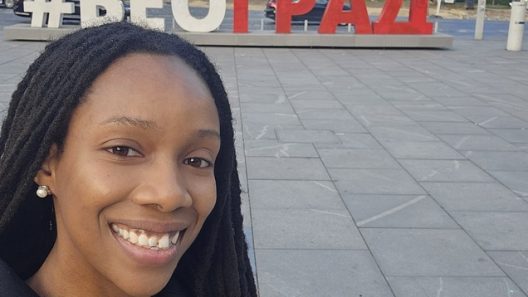Belgrade is not pretty. In winter, it’s unfriendly and cold. In summer, it’s a sweltering oven. In spring, however, it is prijatno, pleasant. I land with Wizz Air. Swiss and Air Serbia were too expensive because of Easter.
The airport is a permanent building site. The French have been renovating it for years. They now have automatic passport control. The light is green, so I go through. “Srpski pasoš?” a policeman asks with his mouth full. He has taken a bite of a sandwich. He saunters back to his table. “Ne”, I say, “Švajarski pasoš.” He waves the Serbians through. He stamps my passport.
I cross the hall with the conveyor belts. I only have hand luggage. “Where do you live?” the customs officer wants to know. “In Switzerland. But we have a flat here.” He looks at me through his elegant glasses. He could be a teacher, like me. “How much cash do you have with you?” I tell him. He waves me through. After the sliding door, the chorus of people waiting at Arrivals. Grim looks from scowling men with name badges. I look past them. I am not expected. The poster behind them displays a medieval castle. Welcome to Serbia.
At the exit, the taxi drivers lurk. I wave them off. Go to the ATMs. For once, one of them has money. The bus 72 is not there, not even signposted. I take the private shuttle A1. Help a woman to load the pram. It’s my turn now to lend a hand. The driver waits until the bus is full, then leaves. On the motorway, an Air Serbia plane flies close over us. Lands on the runway, wheels smoking. Behind me sits an English-speaking family. The rest speak Serbian or remain silent. We drive past industrial zones, car garages, and ugly houses without facades. Dust and waste. The driver taps away on his mobile phone. Drives the short distance to New Belgrade. Fontana. All the streets look the same. Adverts, shops, blocks. It is familiar to me. But I still don’t know where we are. I only realized it at the Palace of Serbia. In Ušće, I get off. Take the 95.
At the bus stop, it’s already hot. Andric’s Hyatt is gleaming in the sun. A Roma man is standing in the shade of the bus stop, eating a bag of crisps. His wife is walking nearby. Three buses arrive in a row. The 95 is new and chic, and pretty full. Young women barricaded behind plastic sunglasses, looking at their mobile phones or out of the window. Men with tanned upper arms, down gilets, and the obligatory trainer trousers. A father in a hoodie with a whinging child. A weathered old woman with that pasty, grey-yellow skin. Her greasy hair, dyed ages ago, sticks to her head. The bus drives past the advertising hoardings of the new train station. Expo 2027. The former Tepih-Centar is now a Go-kart track. Boring new buildings line the Jurija Gagarina. To the right, the faded adverts on Delta City. Here, the children made their clay animals. Then the Omladinskih Brigada, where their grandmother lived.
I get off at Gandijeva. Cross the boulevard. The pedestrian lights are not synchronized. An age-old streetcar passes. At the Piramida, I carry my wheeled suitcase over the holes and uneven pavement. The benches are as broken as ever. The screech of a screwdriver on the metal frame of an improvised café. The guests sit as if nothing is wrong. In front of the entrance, the old train, the rusty horse, and the faded duck on which the children used to ride.
I go past the run-down health Centre with its slanted blinds, hanging gates, and broken steps. Cross the renovated promenade. Children play table tennis and are scooting. I arrive at our house. They’re painting the garage doors. I heard about it via the chat. The president has arranged for the stairwell and entrance to be renovated. Now he’s standing there supervising the work. Some people in the chat didn’t like the colour. Nor the aluminium door. Nor the price. “I don’t mean this personally”, they wrote. “You can see the paint marks.” “Who chose that colour?” There was a lot of flapping in the chat. Criticism and dissenting voices. At some point, photographed, the building president’s letter of resignation was photographed. “It’s a shame”, I say to him, and pay the money for our floor. “They never all like the same colour.”
The painter agrees with me. He prances up and down in his white overalls. Calls himself Don Camillo. “Some people like Bordeaux”, he says and points to my shirt. “Others like brown.” He points to the president. “And some like pink,” the president says. Oh, yes. Joke. Not that I’m going to start romanticising the scene.
Don Camillo worked in Germany. Construction site. But he can no longer speak German. Only one expression: “Serbische Schweine – Serbian pigs”. Don Camillo laughs uproariously, with two or three teeth left in his mouth. His wife is also here. She smokes graciously with a cigarette holder. Touches up a few spots on the grille. “She corrects me”, Don Camillo says. “We’ve been married for 25 years. Silver wedding anniversary. We work together, eat together, we even sleep together.” Don Camillo neighs with laughter. The no-longer-president smiles a little.
I’m back in Belgrade. The lilacs are in bloom, the grass is tall. Don Camillo is painting over the graffiti on the wall of the house. My heart sings. Belgrade is not pretty. That’s why I love it.

Andreas Pfister, 13. April 2025
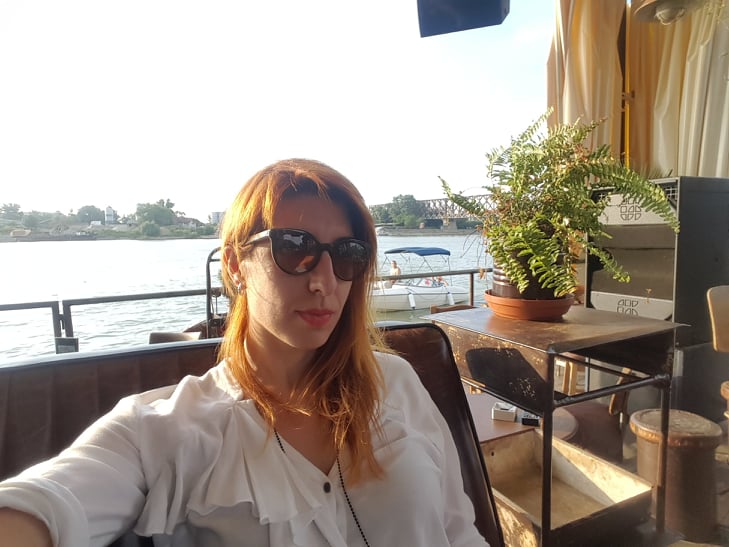
Writer. Blogger. Traveler. Researcher. Electronic Music Lover.
